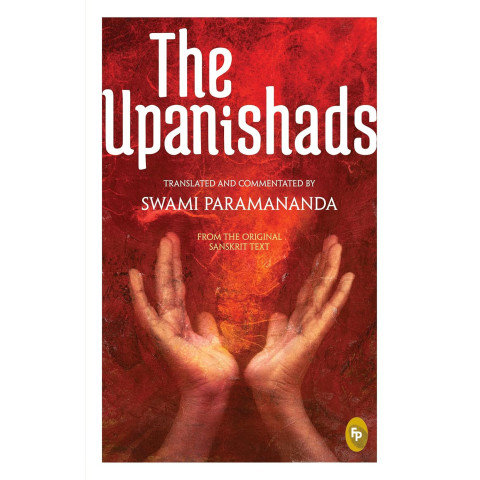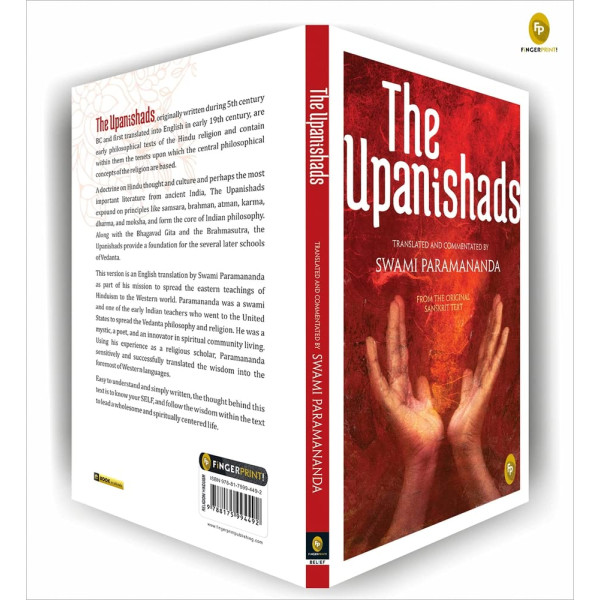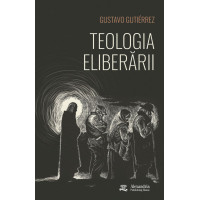The Upanishads are the philosophical-religious texts of Hinduism (also known as Sanatan Dharma meaning “Eternal Order” or “Eternal Path”) which develop and explain the fundamental tenets of the religion. The name is translated as to “sit down closely” as one would to listen attentively to instruction by a teacher or other authority figure.
At the same time, Upanishad has also been interpreted to mean “secret teaching” or “revealing underlying truth”. The truths addressed are the concepts expressed in the religious texts known as the Vedas which orthodox Hindus consider the revealed knowledge of creation and the operation of the universe.
The word veda means “knowledge” and the four Vedas are thought to express the fundamental knowledge of human existence. These works are considered Shruti in Hinduism meaning “what is heard” as they are thought to have emanated from the vibrations of the universe and heard by the sages who composed them orally before they were written down between c. 1500 - c. 500 BCE. The Upanishads are considered the “end of the Vedas” (Vedanta) in that they expand upon, explain, and develop the Vedic concepts through narrative dialogues and, in so doing, encourage one to engage with said concepts on a personal, spiritual level.
















